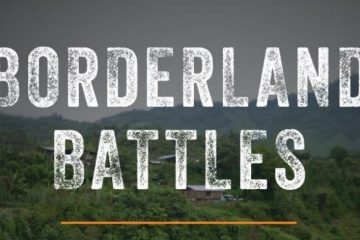
Borderland Battles: Violence, Crime and Governance at the Edges of Colombia’s War
Anette Idler summarizes some of the findings from her new book Borderland Battles, which reveals how violent non-state groups compete for territorial control, co-operate in illicit cross-border activities and replace the state in exerting governance functions in borderlands. Borderlands are like a magnifying glass on some of the most entrenched security challenges of the world. In unstable regions, border areas attract violent non-state groups ranging from rebels and paramilitaries to criminal organisations who exploit their neglect by central governments. These groups compete for territorial control, cooperate in illicit cross-border activities, and substitute for the governance functions usually associated with the state. Studying the Colombian borderlands where armed conflict and organised crime converge demonstrates that the gap between state-centric views on …
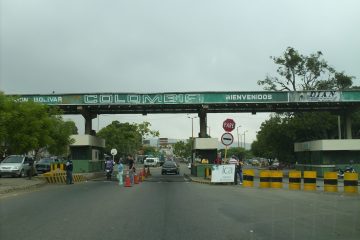
The ‘border effect’ is allowing Venezuela’s crisis to fuel political violence in Colombia
As Venezuela’s crisis continues, so too do its serious repercussions for neighbouring countries. Of the four million Venezuelans that have left the country – the largest migrant crisis in the region’s recent history – more than 1.3 million have arrived in Colombia, on Venezuela’s western border. But this comes at a time when Colombia itself still faces high levels of violence. Though its government signed a peace deal with the FARC guerrilla group in 2016, their counterparts in the National Liberation Army (ELN) have yet to give up arms. Elsewhere, the number of FARC dissidents is rising, and other violent non-state groups – from right-wing paramilitaries to Mexican drug cartels – are jostling for position in the race to fill the void created by demobilisation of …
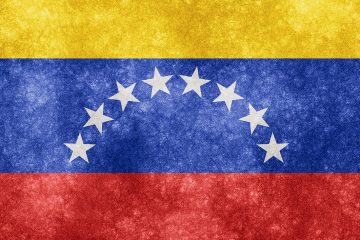
Why Venezuela is Collapsing but President Maduro Still Standing
Creating external crises to deviate from internal problems is a well-known recipe in politics. Unpopular dictators often resort to this tactic to shape the discourse and concerns of the opposition, media, and population. In Venezuela, President Nicolas Maduro has adopted this tactic since day one. The regime’s latest attempt to induce a crisis was fabricating the notion that the opposition, in collaboration with the U.S., sought to end Maduro’s life with a drone attack. Nobody has taken this story seriously. Thus, this piece will not waste time discussing the drone affair but will instead focus on five issues that really matter. Nobody Chose This When thinking about the Venezuelan crisis, one might erroneously believe that people chose this type of …

Will Venezuela transition to democracy this year?
On May 20th, Venezuelans are supposed to vote in a presidential election to decide over the fate of their crisis and conflict ridden country. Despite being nominally given the opportunity to choose, the way the Maduro government has set up the electoral process, committed fraud, repressed the opposition and systematically undermined the process of free and fair elections over the past years, all but guarantees authoritarian durability. This article addresses why a) a highly unpopular incumbent is likely to hold onto power, b) the opposition is justified in their decision to boycott the elections and c) how Venezuela might transition to democracy. Venezuela has transitioned from a weak democracy in 1998 to a failing dictatorship in 2018. Over the past …
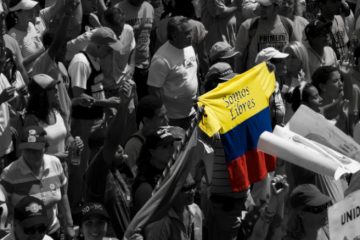
Reset, Rethink, Restart: The Opposition’s only way out in Venezuela
In early hours of Monday, October 17th, after the announcement of the results of the regional elections, the Venezuelan opposition decried foul play and electoral fraud. Such accusations of course are very hard to prove in any case, and even more so in today’s authoritarian Venezuela. Yet, what’s done is done. The regime announced to have won 18 governorships, while the opposition appears to have only won five. Even if the fraud accusations were true, the only certainty, as of today, is that – although 83% of Venezuelans rejected President Maduro’s government as of August 2017 – Venezuela’s political map is still dominated by Chavismo. This latest episode of contested elections adds to the already high levels of political conflict …
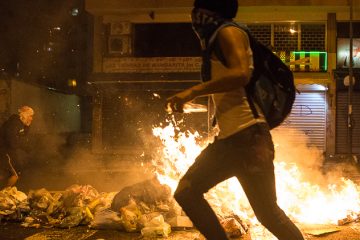
Venezuela’s instability has far broader implications. Here’s what’s at stake
Venezuela seems locked in a downward political and economic spiral. But what happens in Venezuela has far broader implications for international security. “Here you must not speak badly about Chávez” — this was the message on banners at a Colombia-Venezuela border bridge I crossed recently on a research trip. It was just one of the signs of the exponential jump in authoritarianism in Venezuela, and the continued unravelling of the regime. Last Saturday, Chief Prosecutor Luisa Ortega, a critic of the government of President Nicolás Maduro, was dismissed. On Sunday, a military uprising left one dead and several injured, then other military dissidents used social media to call for other soldiers to disobey the president. By Tuesday, parliament was practically …
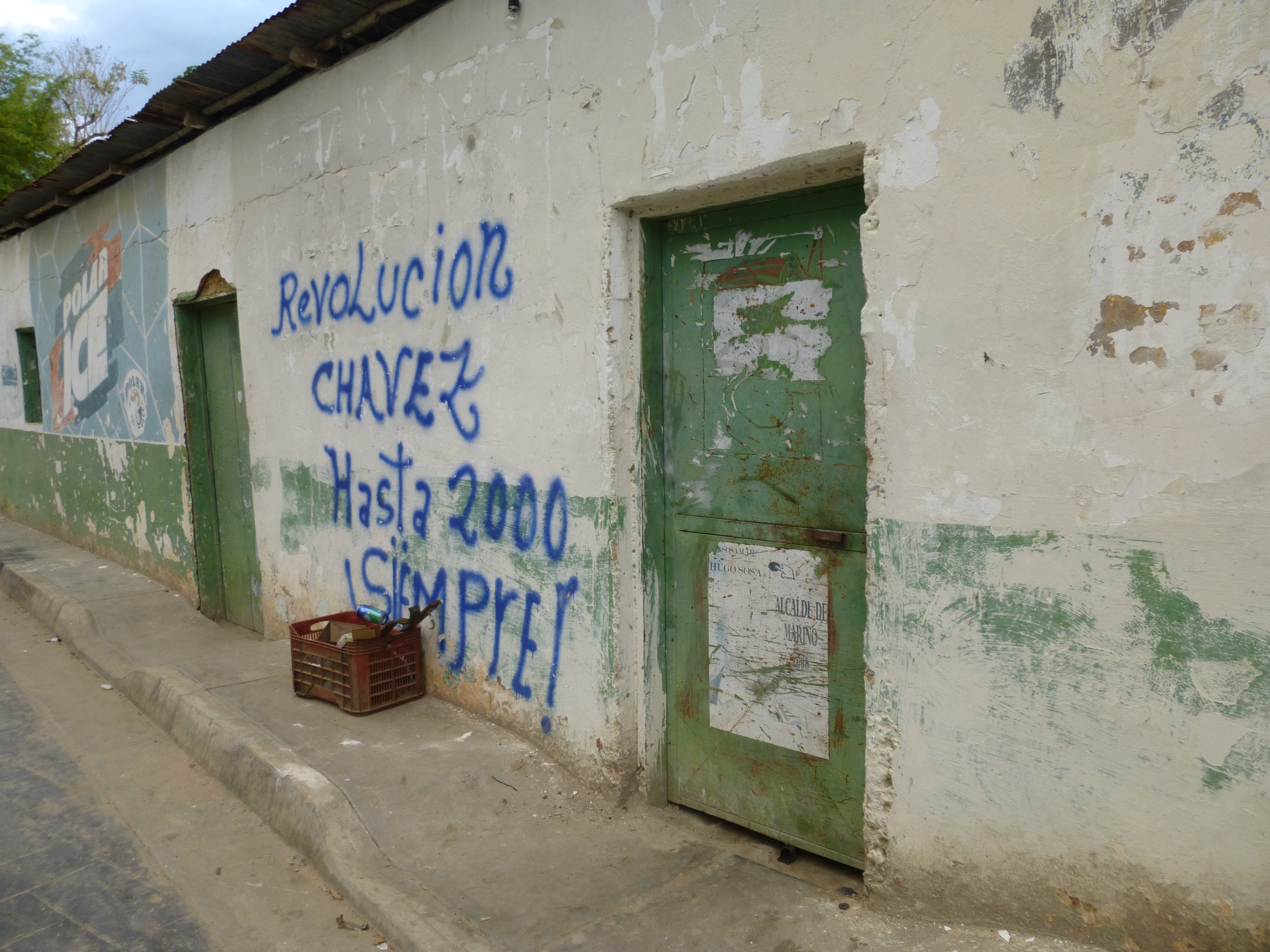
Security and the post-Chávez Bolivarian project: A Convenient Revolution for Free-riders?
With Venezuelan president Hugo Chávez’s death last week, the world has lost a flamboyant actor on the international stage. Yet the play seems to go on as usual. Radical change to Venezuela’s domestic and international politics is unlikely. Several polls indicate that interim president Nicolás Maduro will win the elections to be held on 14 April and his rhetoric suggests that he will continue Chávez’s policies. Even if Henrique Capriles, the opposition candidate, triumphs, he will not change policies overnight.
But while many have speculated about the implications for both advocates and opponents of Chávez’s Bolivarian Revolution, few have cared about those at the margins of it: the “free-riders” who do not necessarily endorse Chávez’s project, but for whom it has been a convenient platform to pursue their interests. This free-riding exists on the national, regional and international level and could provoke serious security threats for Venezuela and beyond if it continues to be ignored.

The Revolution Without Chávez: What are the likely scenarios?
The news of the death of Venezuela’s President, Hugo Chávez, has predictably received divergent responses from the international media. His passing was met with glee by opponents of Chávez – who claim that his presidency was characterised by personalism, economic mismanagement and autocratic leanings – and met with dismay by supporters of the President and the Bolivarian Revolution – who see the potential for the undermining of his legacy, the vast improvements in social indicators, the attempts to socialise the economy and the recovery of a left-wing alternative after thirty years of neoliberalism.
This polarisation of the international media reflects the political polarisation within Venezuela. While sections of the opposition partied in Miami, Chávez’s supporters filled plazas throughout Venezuela on Tuesday night and on Wednesday, thousands marched with the coffin on its journey to lie in state in the Military Academy.
What unites both points of view, though, is an appreciation of the pivotal role of President Chávez in leading the transformation of Venezuela since 1999. The most fundamental question, therefore, has to be whether the Bolivarian Revolution can survive without this key figure.









